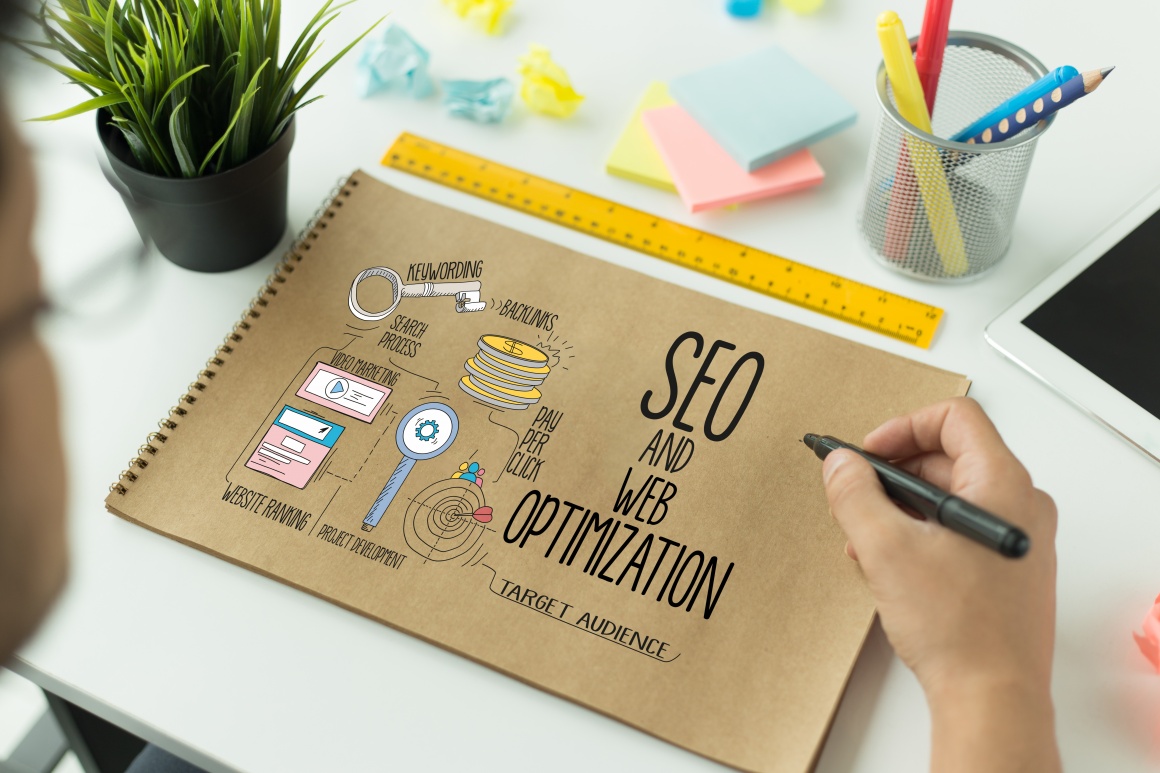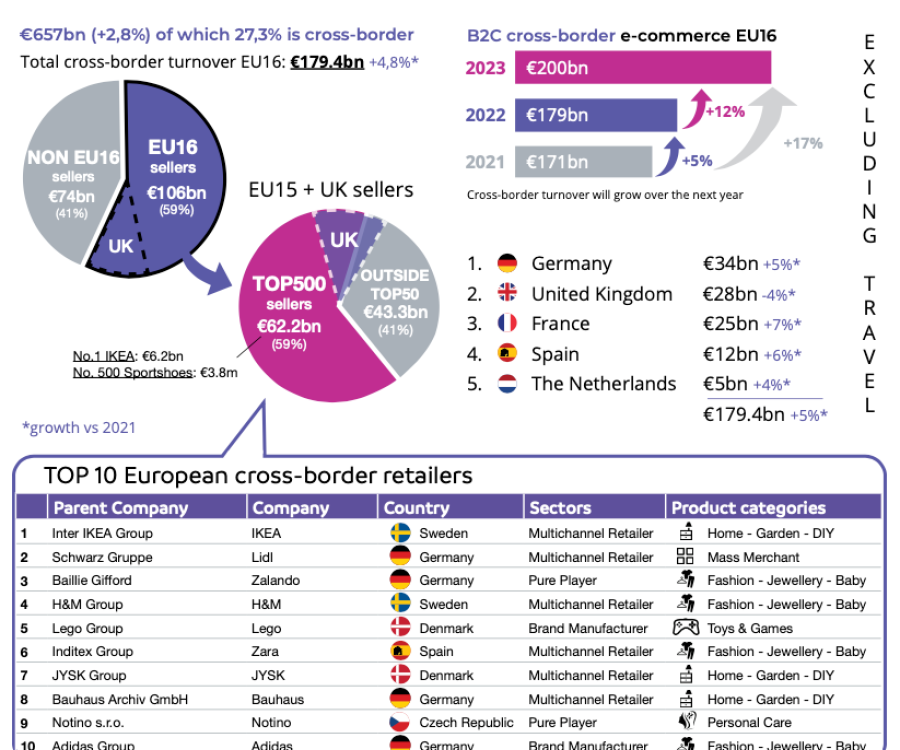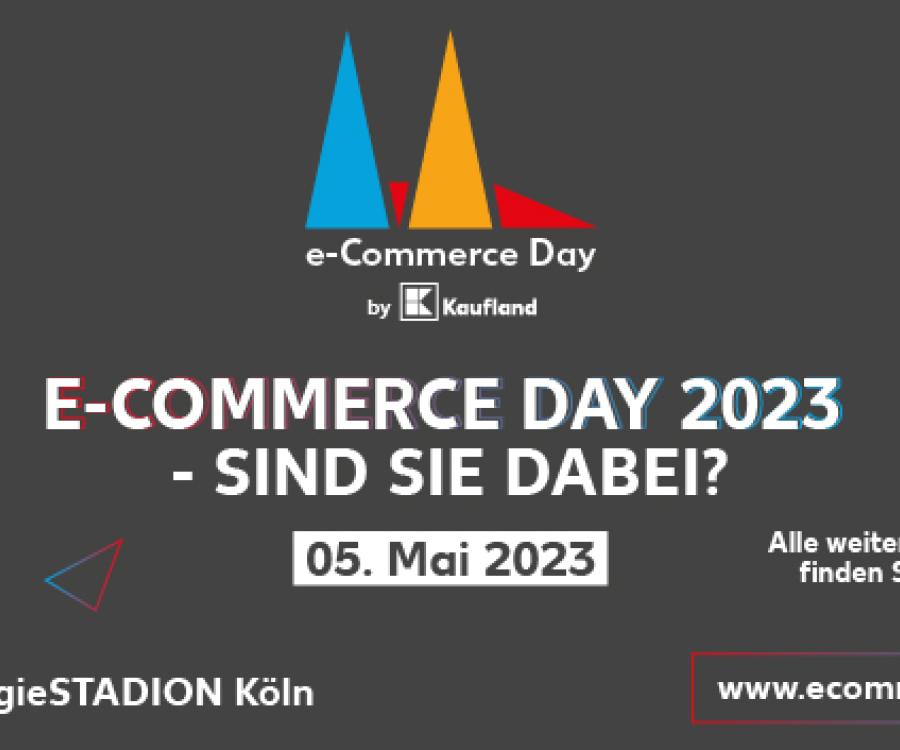If you want to rank internationally, you must make SEO (search engine optimization) an integral part of your e-commerce project management right from the start – and this applies to both the launch and relaunch of a new store. Poor SEO strategies in e-commerce can directly impact sales. The complex structures of an online store made up of product and category pages and country-specific products require an integrated approach and a clear, solid structure.
Online stores are far more complex than business websites. That is why clean and concise product information and categories play a key role in international SEO. Poor SEO strategies in e-commerce directly impact sales, while other industry sectors are initially affected by a traffic drop and a decline in leads. This makes SEO really important for e-commerce.

Product differentiation in different markets
When expanding your business globally, you first have to consider the following questions: Is your product mix the same on a global scale? Does the same apply to the site structure and categories? If so, all you have to do is translate contents into the language of the country. SEO internationalization would be easy if each product had a counterpart in a different country and language. In reality, this is very rarely the case, since products are differentiated based on the market – reflecting not only the different national regulations and standards but also the wishes and expectations of target audiences.
To be able to reflect this, the store system must have an international setup and be able to display various product assortments in different countries and different categories. Having said that, these structures are not supported by standard systems. They must be personalized as a result. Some companies also work with separate mandates or different shop systems based on the target country. The latter proves difficult when you link identical articles as parallel systems always mean more effort and work.
That’s why the challenge is to either upgrade the store system or to homogenize the different product assortments to create a uniform global site structure. While it is SEO-compatible, it will not satisfy every market.
Domain strategy and country code
Anyone who tries to break into the market in France or Italy using a .de domain will fail. Google guidelines require an international domain with the corresponding country-specific domains such as .at, .it, or .fr. Another option is a directory structure with a .net or .com domain name and a country specification after it. There is no best practice for names: in addition to goals and technological background, the solution must also reflect the corporate goals and be implementable from an IT perspective. Examples include Amazon, which uses country codes, while Microsoft uses a directory structure.
Time and again, stores are set up with a separate site architecture as this is easier to implement. Subsequently, the store and company pages rank separately. It is better to link both sites in one system and merge their power into one domain. Another problem with separate domains: The descriptions on the store and company site are often similar and cause duplicate content issues. It is better to have a single product page to directly sell the product.
Another important aspect of international SEO is correct tagging: to assist Google and Microsoft bots, countries and languages must have the "href lang" tag attribute. This language code is made up of language and country. The tag ensures that Google uses the attribute to serve the correct regional or language URLs and contents in its search results based on the searcher's country and language preferences.
This is challenging for many online stores: it is very complex to manually set the attribute for each product if the store system doesn’t support it. If technical mandates are used, tagging gets even more complicated. This is why tags are often not optimized. Those who succeed in doing this gain a distinct competitive advantage.

Keywords, localization and local search engines
The third SEO internationalization success factor pertains to keywords, contents and site structures. Countries differ in language, application, culture, and style in language. That’s why you cannot simply translate keywords from one language into another and expect to have the same impact in another language. It is crucial to not just translate keywords pertaining to the German market, but to localize and use local keywords to accurately reflect the market and language. Synonyms and language styles play a major role, especially when it comes to competitive SEO keywords.
Sometimes it might also be necessary to rebuild the site structure to create and maintain country or market-specific content. Of course, if products and pages are not identical, they shouldn’t simply be translated into another language. That’s why store systems must feature a clean technical setup so that the search engine bot doesn’t end up in nowhere land when it looks for items that don’t exist in a different language.
Another challenge in e-commerce is data enrichment as the product data generally comes from ERP or PIM systems and cannot simply be translated in the store system: that’s why ERP and PIM must support multiple languages. However, multilingualism largely dependents on the information retailers receive from upstream suppliers or manufacturers for processing.
Yet another challenge: localization and translation services are expensive. But it’s a necessary expense as bad content is not good for SEO. If the product selection changes frequently - as is the case in the fashion industry -, artificial intelligence or automatic text generation tools can be used. These tools generate individual product texts using the attributes in different languages. This can make users stand out from the competition. In this case, it makes sense to generate individual texts for best sellers and automated content for less important articles. You have to compare cost and benefits in this setting.
When it comes to international SEO, you also need to familiarize yourself with local search engines including Yandex (Russia), Seznam.cz (Czech Republic) or Baidu (China). After all, Google is not the top search engine in other parts of the world. Baidu uses other rich snippets, meaning the site has to be programmed and integrated differently in the primary elements than is the case for Google or Microsoft. Sites should set up structured data like rich snippets - prices or article ID numbers – so that other search engines are also able to recognize them.
Natural link building and site relaunch
Natural link building is another crucial aspect pertaining to international SEO. If you plan to expand internationally, be aware that the resident competition in the target country generally has more relevant backlinks. That is why it is important to build a solid network and a relevant backlink structure by teaming up with local partners and getting involved in local activities and marketing. It is beneficial if you show up as a retailer in searches for trading partners, local companies or manufacturers and suppliers. Backlinks must be gained naturally – it doesn’t help you to purchase them.
Building a great foundation
Before you start using international SEO, the basics should be in place: Mobile optimization is crucial to rank your site internationally. In Germany, consumers typically research on their mobile devices but end up making the purchase via their computer. Thanks to a variety of payment methods, consumers in other countries tend to make purchases using a mobile device. That is why an experience that’s customized to mobile devices is important to be visible on search engines.
Of course, you must have a strong foundation: you need to choose the right technical structure for the website, avoid duplicate content issues, implement the proper headers and header tags, and optimize title tags and meta descriptions in your snippet. In addition, broad keywords and holistic texts are important as they prepare user-friendly content in the target users’ language. Page speed is another ranking factor for success in international SEO.

Successful SEO takes a specialist
You will not be successful unless you take all of these factors into consideration in your internationalization efforts. While errors and mistakes can usually still be corrected later on, things get more difficult when it comes to a relaunch of a site that is already established in the international arena. A relaunch in e-commerce takes an especially careful approach. Quite often, companies inadvertently destroy their website structure. This happens if they only translate the home pages due to time constraints and add subpages with details afterward - which means less content in the local language, resulting in a lower ranking. Or the prior automatic "href lang" tag is not tagged by the new CMS platform and is now missing.
SEO requires an integrated approach. If you want a successful website relaunch, you must involve an SEO expert early on in the project conception phase. Companies that are not yet positioned to compete in international markets should integrate and meet the requirements for a successful international SEO process.
Conclusion
E-commerce must combine the structural requirements of SEO with a variety of individual markets. It is vital to set up a clear structure for different countries, product mixes and contents. Technical structures like language tags must be clearly structured, while content must integrate keywords and language considerations. There are no best practices in this case - companies must analyze the status quo, assess their ranking and create the technical foundation to make the right decisions.










